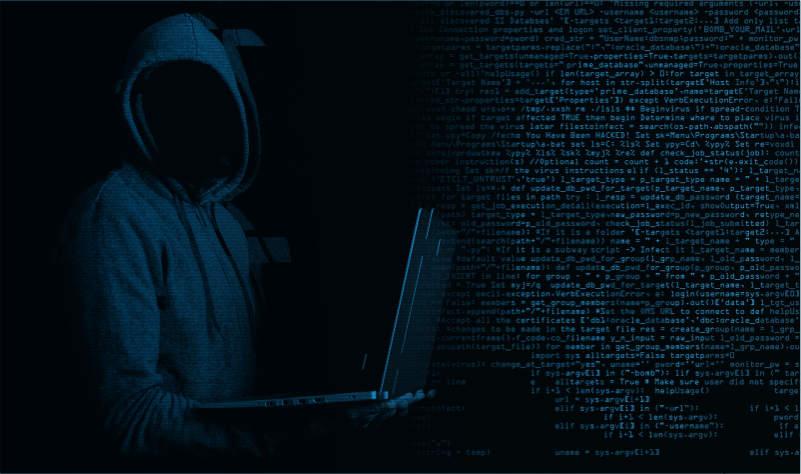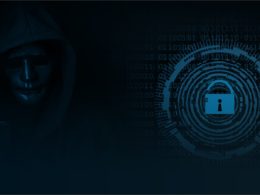In the 143rd edition of Internet Security Week , why you shouldn't pay a ransomware ransom, Brazil is still the biggest target of attacks in Latin America, "Black Fraud" and the dangers of phishing attacks, data leak attributed to the CCAA and much more.
News
Why shouldn't you pay a ransomware ransom?
The general idea is that, by paying the ransom, companies finance cybercrime, even with no guarantee that their data will be returned or kept confidential. Conversely, the criminal industry is booming, with millions of dollars in annual revenue and increasingly specialized gangs investing in new ways to cause damage and maximize profits.
By Felipe Demartini on Canaltech
The worst and most insecure passwords used in Brazil in 2022
According to a report produced by NordPass, passwords such as “123456”, “Brasil” and “123456789” are the three most used by internet users in Brazil.
By Juan Manuel Harán in We Live Security
Brazil and cybersecurity: we are still the biggest target of attacks in Latin America
Kaspersky's Threat Outlook shows that Brazil records more than 1,500 malware attacks per minute. Phishing scams are on the rise in every country.
In Kaspersky Daily
Black Fraud: explosion of phishing attacks
Many fraudsters take advantage of this time of year to set traps and obtain confidential data and information, such as personal documents, credit card numbers, and confidential company-related information (such as tax data, employee records, financial reports, among others).
By Kelvin Zimmer on Lumiun Blog
Leak on the dark web attributes content to CCAA, a famous language school
A dark web site specializing in the sale of data dumped on November 1 a file whose content is attributed by its operators to the website of the Brazilian organization CCAA, the brand of a language school franchise based in Brazil.
In CISO Advisor
FBI: Hive ransomware extorted $100 million from over 1,300 victims
The Federal Bureau of Investigation (FBI) reported that the notorious Hive ransomware gang has successfully extorted approximately $100 million from more than 1,000 companies since June 2021.
By Sergiu Gatlan at Bleeping Computer
Six initiatives to strengthen enterprise cloud security
A Nublifty expert presents important insights into the journey of privacy and data protection in cloud computing.
In IP News
Email Spoofing: technique used to falsify the sender of a message
Email spoofing is the act of impersonating someone through messages sent from a fake sender. It's a common technique in phishing and spam attacks.
By Martina López at We Live Security
42,000 fake websites of famous brands are part of a scheme to generate traffic
A cybercriminal network is using more than 42,000 websites bearing famous brand names as bait for a massive traffic-generating scheme.
By Felipe Demartini on Canaltech
YouTube Channel
Joseph Miracle
- José Antonio Milagre is a lawyer specializing in Digital Law and Expertise, Information Security and data protection.
- Content with tips, case analysis, and extensive content on digital crime legislation.
Not yet subscribed to our newsletter to receive this content weekly in your email? Then sign up using the link below:
https://br.lumiun.com/semana-da-seguranca-na-internet
Share the link with your colleagues and friends.







